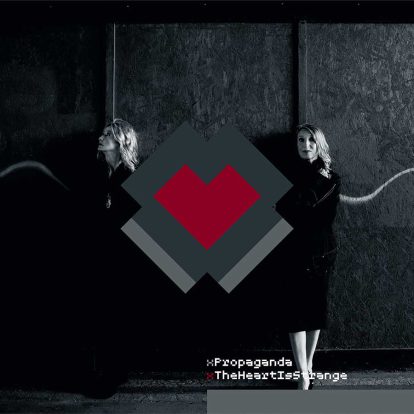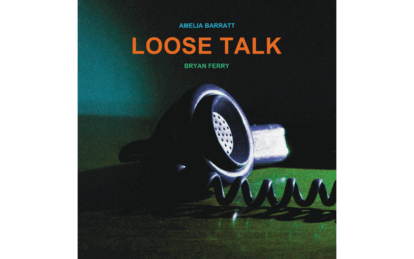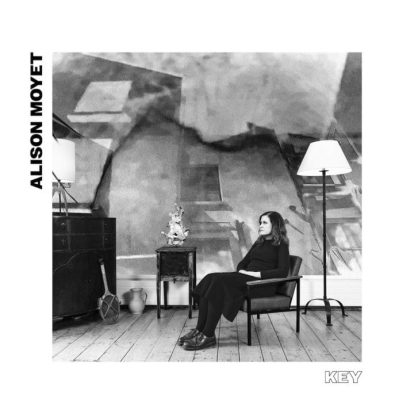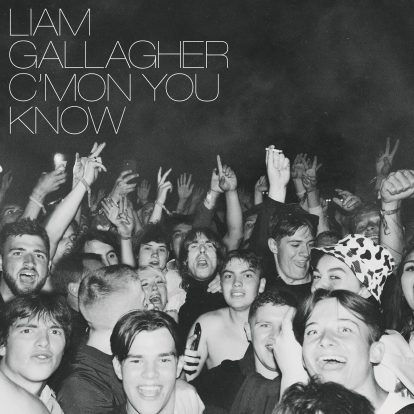This week we’re taking a look at some of the releases you might have missed during lockdown, including a triumphant return from a New York band, and some anticipated reissues…
The Strokes – The New Abnormal
8/10
It’s quite something to sound as insouciant as The Strokes often do, yet so animated, especially 20 years after they exploded onto the scene as privileged pretty boys. Their sixth album at times appears to have been recorded because they were dragged out of bed after a heavy bender, its guitars strummed with devil-may-care abandon, its pacing slothful, its lyrics – at best enigmatic, though the less charitable might call them gibberish – delivered from beneath a duvet. At other times, however, it’s totally wired, singer Julian Casablancas wailing and roaring, his melodies sticky like resin, his band’s arrangements trimmed like a poodle’s coat.
They’re recognisable from the start, with The Adults Are Talking’s riffage as tight and airy as Aertex briefs and Casablancas – perhaps consequently – displaying an impressively restrained falsetto, the song’s closing reminders of Television a reminder of the discipline required to keep things this deceptively straightforward. Brooklyn Bridge to Chorus delivers a jumble of jangling, sometimes spiky, sometimes phased, guitars, and Bad Decisions is as catchy as its lyrics are nonsensical, maybe because it sounds a great deal like Billy Idol’s Dancing With Myself – Idol even gets a writing credit – with a bit of Modern English thrown in. The Strokes have still got ‘it’.
Best Of Bee Gees 6/10
Main Course 6/10
Children Of The World 9/10
Here At Last… Bee Gees… Live 6/10
Spirits Having Flown 8/10
It’s easy to forget just how prolific Bee Gees were. They’d already released six albums by Best Of Bee Gees in 1969. It’s a curio now, as obviously so many of their biggest hits are missing from a compilation that, frankly, is easily available in charity shops. Still, To Love Somebody and I Started A Joke remain peerless, and it’s intriguing to hear early singles as the Gibbs hone their powers.
By 1975’s Main Course, Bee Gees were on album 13. It’s where everything changed, as Barry Gibb’s falsetto begins taking centre stage. A strange record, alongside Jive Talkin’ and wonderful rock opera Nights On Broadway are clunkers like Come On Over and Country Lanes, hilariously similar to Reeves & Mortimer’s folk parody Mulligan & O’Hare. At least the gliding Edge Of The Universe is a lost treasure.
A contractual dispute meant Arif Mardin stopped producing the band, but the brothers doing it themselves worked out just fine. If You Should Be Dancing is the only huge tune, Children Of The World is the equal of Saturday Night Fever. Stick a pin anywhere and you get either an arms-aloft epic ballad (Love Me) or sensational disco, full of poise, impossible not to dance to (the other nine songs).
Although irked at being pigeonholed as a disco band after Saturday Night Fever, the Gibbs’ response was to make an album containing Tragedy and Love You Inside Out. The brothers were troubled – Maurice had drink problems, Robin only sings lead on Living Together – yet Spirits Having Flown remains classy, despite some ballads being a little rote by Bee Gees standards.
The vinyl series is rounded off by the first of only two Bee Gees live albums. The vocals are great at the 1976 LA concert, but the band are oddly flat, lacking the studio magic: it’s rarely mentioned in the canon of great live records.
 Sugar – Copper Blue
Sugar – Copper Blue
9/10
The singer with grunge pioneers Husker Du, Bob Mould was an influence on Nirvana. As Sugar’s name implies, Mould’s next band were a poppier proposition. The trio’s debut, Copper Blue was NME and Select’s album of the year in 1992, and rightly so: there wasn’t a better pop album from the grunge scene, every song a taut masterpiece The Boo Radleys spent their career trying to emulate and which Pearl Jam can only dream of.
Husker Du’s fire was still present in bristling epic The Slim, but Helpless and The Act We Act were Mould deciding to use his critical plaudits to aim for the charts. It didn’t quite succeed, but that’s not the fault of a wonderful guitar-pop record. It peaked on If I Can’t Change Your Mind, a heavenly, up-tempo tune which would be played every 10 minutes on Radio 2 if only REM had made it.
Bruised by somehow failing to cross over, Sugar didn’t match their debut, lasting for just one more full album, File Under: Easy Listening. Demon had already compiled Sugar’s works into the Complete Recordings 1992-1995 5CD boxset in 2014. Both albums are now separately available – Sugar’s debut is as sweet as it gets.
John Earls & Wyndham Wallace
Classic Pop may earn commission from the links on this page, but we only feature products we think you will enjoy.

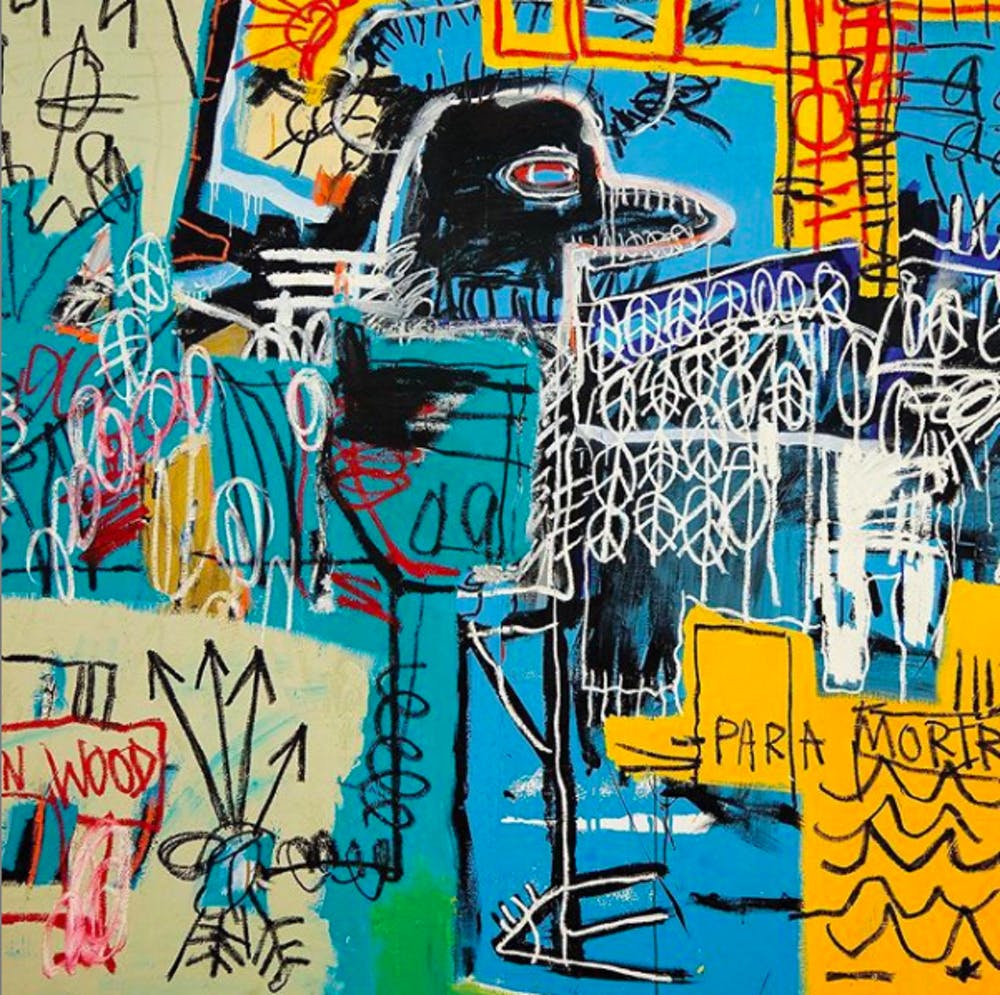
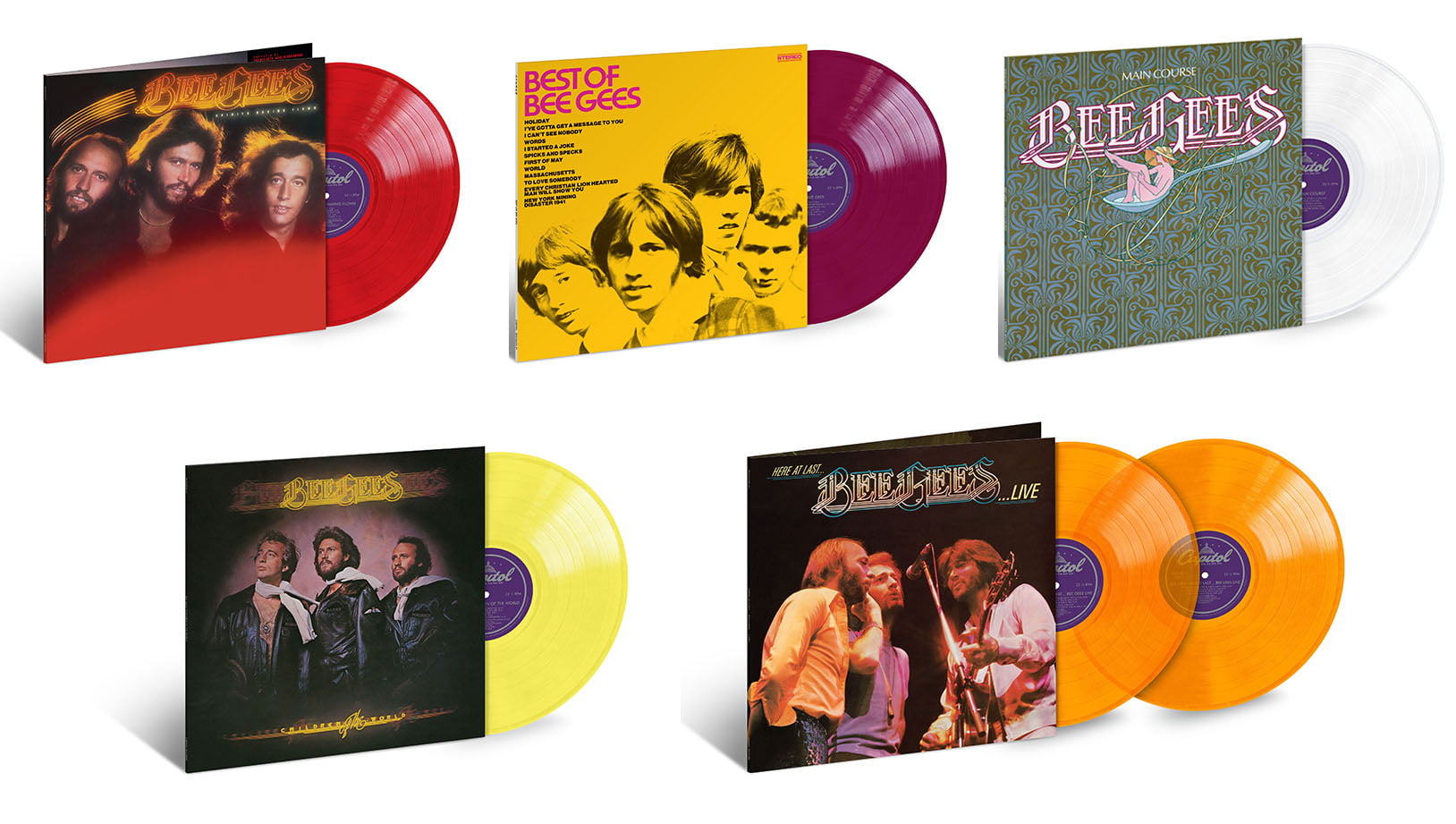
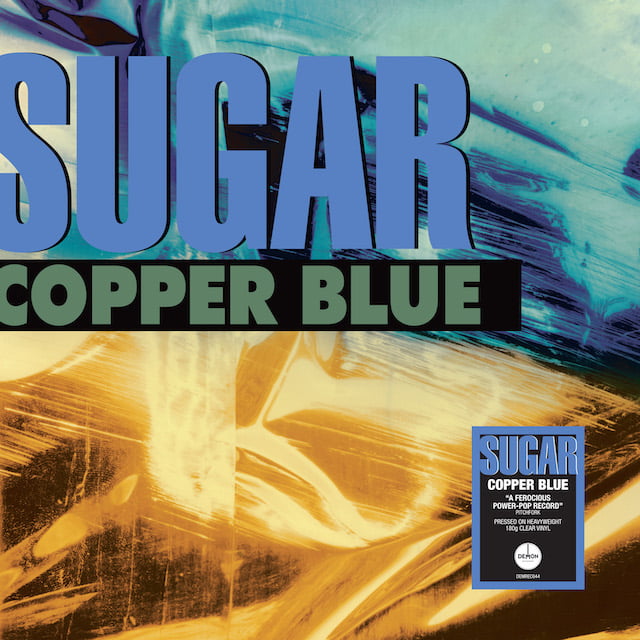 Sugar – Copper Blue
Sugar – Copper Blue
